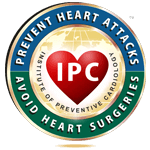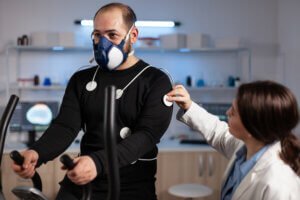It is understandable that heart disease is terrifying for patients. Especially when they are told they risk a heart attack or death. The truth is that if a patient of heart disease is stable, he / she has alternatives to going under the knife in a hurry.
There are a lot of studies to prove the strong impact of the “placebo effect” for many things, including for heart procedures. So, in effect, a lot of the initial relief the patient feels comes from the mind. They feel – “I have taken care of the problem”. In fact this is followed with a laxity in doing what is needed to prevent the issue from returning. After all, a stent is not a magic device, nor is bypassing coronary arteries. They might take care of the imminent issue, but not the root cause. So, whatever is causing the problem creates the problem all over again.
Another thing is that many surgeons do their surgery, medicate, and then don’t emphasise the lifestyle part enough to patients. Patients need proper guidance for exercise, diet and stress-management recommendations, whether intervention is planned or not.










